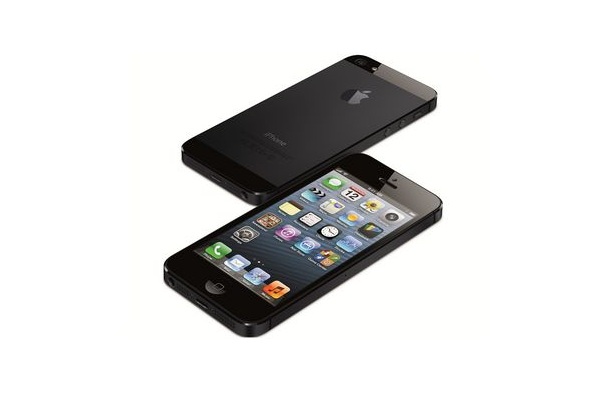
Sign up today and you will receive a free copy of our Future Focus 2025 report - the leading guidance on AI, cybersecurity and other IT challenges as per 700+ senior executives
You are now subscribed
Your newsletter sign-up was successful
Apple's iconic iPhone is losing some of its luster among Asia's well-heeled consumers in Singapore and Hong Kong, it has been reported.
Driven by a combination of iPhone fatigue, a desire to be different and a plethora of competing devices, users are turning to other brands, notably those from Samsung, eating into Apple's market share.
Android is becoming really hard to ignore.
In Singapore, Apple's products were so dominant in 2010 that more devices here ran its iOS operating system per capita than anywhere else in the world.
But StatCounter gs.statcounter.com, which measures traffic collected across a network of 3 million websites, calculates that Apple's share of mobile devices in Singapore - iPad and iPhone - declined sharply last year. From a peak of 72 per cent in January 2012, its share fell to 50 per cent this month, while Android devices now account for 43 percent of the market, up from 20 per cent in the same month last year.
In Hong Kong, devices running Apple's iOS now account for about 30 per cent of the total, down from about 45 per cent a year ago. Android accounts for nearly two-thirds.
"Apple is still viewed as a prestigious brand, but there are just so many other cool smartphones out there now that the competition is just much stiffer," said Tom Clayton, chief executive of Singapore-based Bubble Motion www.bubblemotion.com, which develops a popular regional social media app called Bubbly.
Sign up today and you will receive a free copy of our Future Focus 2025 report - the leading guidance on AI, cybersecurity and other IT challenges as per 700+ senior executives
Where Hong Kong and Singapore lead, other key markets across fast-growing Asia usually follow.
"Singapore and Hong Kong tend to be, from an electronics perspective, leading indicators on what is going to be hot in Western Europe and North America, as well as what is going to take off in the region," said Jim Wagstaff, who runs a Singapore-based company called Jam Factory www.jamfactoryonline.com developing mobile apps for enterprises.
Southeast Asia is adopting smartphones fast - consumers spent 78 percent more on smartphones in the 12 months up to September 2012 than they did the year before, according to research company GfK www.gfkrt.com.
Fatigued consumers
Anecdotal evidence of iPhone fatigue isn't hard to find: Where a year ago iPhones swamped other devices on the subways of Hong Kong and Singapore they are now outnumbered by Samsung and HTC smartphones.
While this is partly explained by the proliferation of Android devices, from the cheap to the fancy, there are other signs that Apple has lost followers.
Singapore entrepreneur Aileen Sim, recently launched an app for splitting bills called BillPin www.billpin.com, settling on an iOS version because that was the dominant platform in the three countries she was targeting - Singapore, India and the United States.
"But what surprised us was how strong the call for Android was when we launched our app," she said.
Indeed, 70 per cent of their target users - 20-something college students and fresh graduates - said they were either already on Android or planned to switch over.
"Android is becoming really hard to ignore, around the region and in the US for sure, but surprisingly even in Singapore," she said. "Even my younger early-20s cousins are mostly on Android now."
ITPro is a global business technology website providing the latest news, analysis, and business insight for IT decision-makers. Whether it's cyber security, cloud computing, IT infrastructure, or business strategy, we aim to equip leaders with the data they need to make informed IT investments.
For regular updates delivered to your inbox and social feeds, be sure to sign up to our daily newsletter and follow on us LinkedIn and Twitter.
-
 AWS CEO Matt Garman isn’t convinced AI spells the end of the software industry
AWS CEO Matt Garman isn’t convinced AI spells the end of the software industryNews Software stocks have taken a beating in recent weeks, but AWS CEO Matt Garman has joined Nvidia's Jensen Huang and Databricks CEO Ali Ghodsi in pouring cold water on the AI-fueled hysteria.
-
 Deepfake business risks are growing
Deepfake business risks are growingIn-depth As the risk of being targeted by deepfakes increases, what should businesses be looking out for?
-
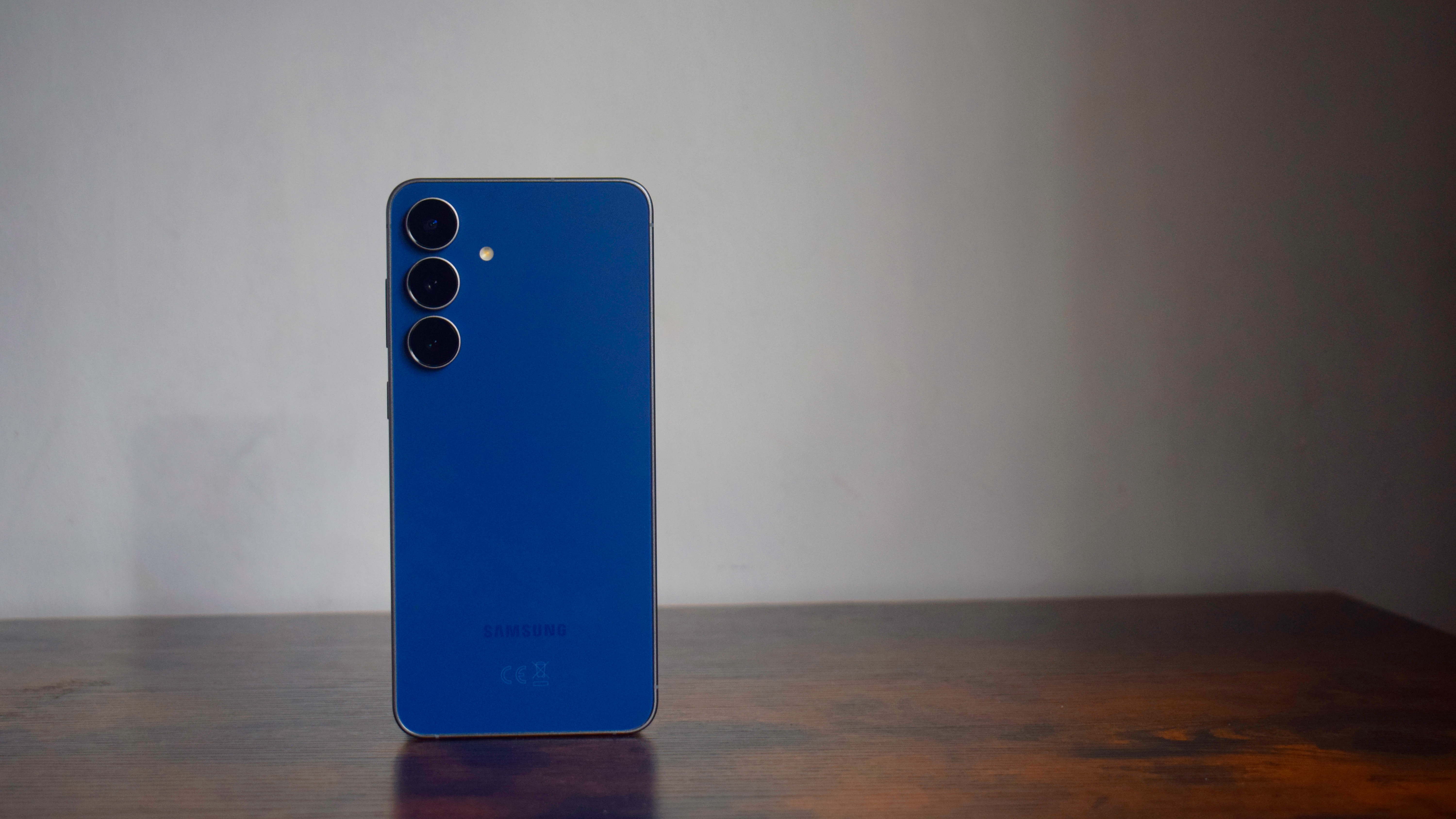 The Samsung Galaxy S25 FE is a superb budget smartphone with premium features – though I found its predictive text frustrating
The Samsung Galaxy S25 FE is a superb budget smartphone with premium features – though I found its predictive text frustratingReviews A big bright display, all-day battery, and some super premium cameras make this a superb handset for office bods
-
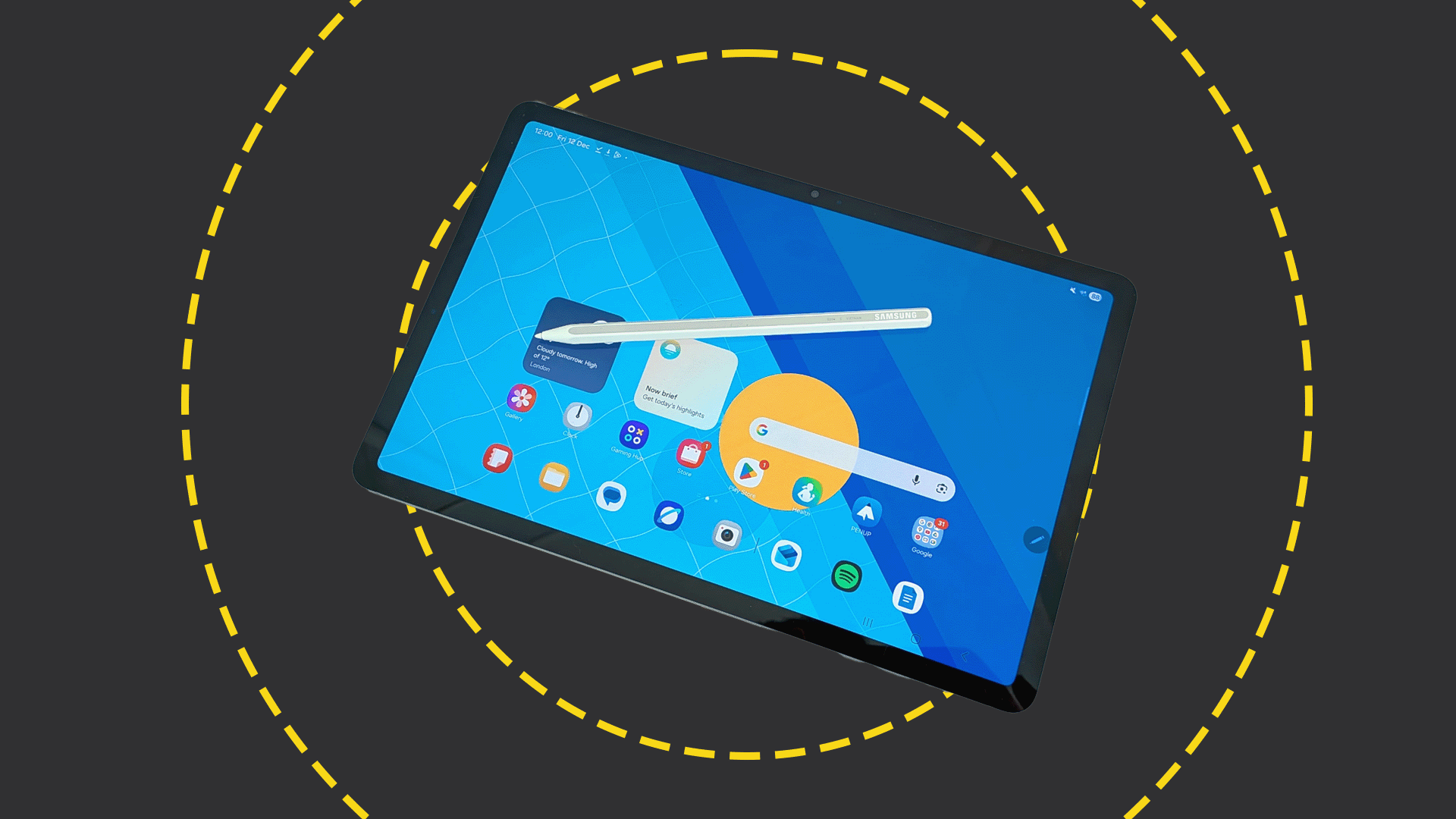 The excellent Samsung Galaxy Tab S11 is slightly overpriced
The excellent Samsung Galaxy Tab S11 is slightly overpricedReviews A brilliant lightweight tablet with a superb screen, but the competition makes it look expensive
-
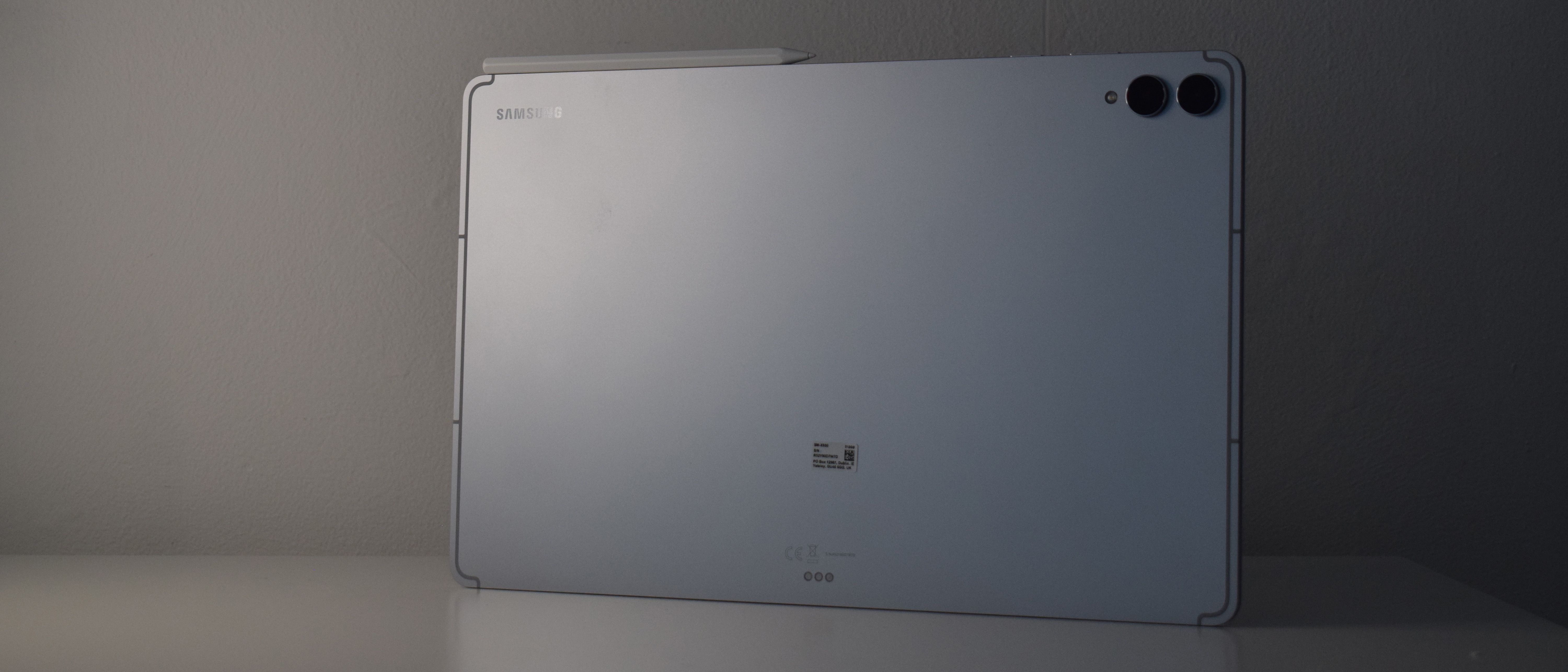 The Samsung Galaxy Tab S11 Ultra has more power, more AI, and much more battery life than its predecessor
The Samsung Galaxy Tab S11 Ultra has more power, more AI, and much more battery life than its predecessorReviews A wonderful slab of technology, packed with AI features, and the battery life is fantastic – very much a tablet worthy of the name, 'Ultra'
-
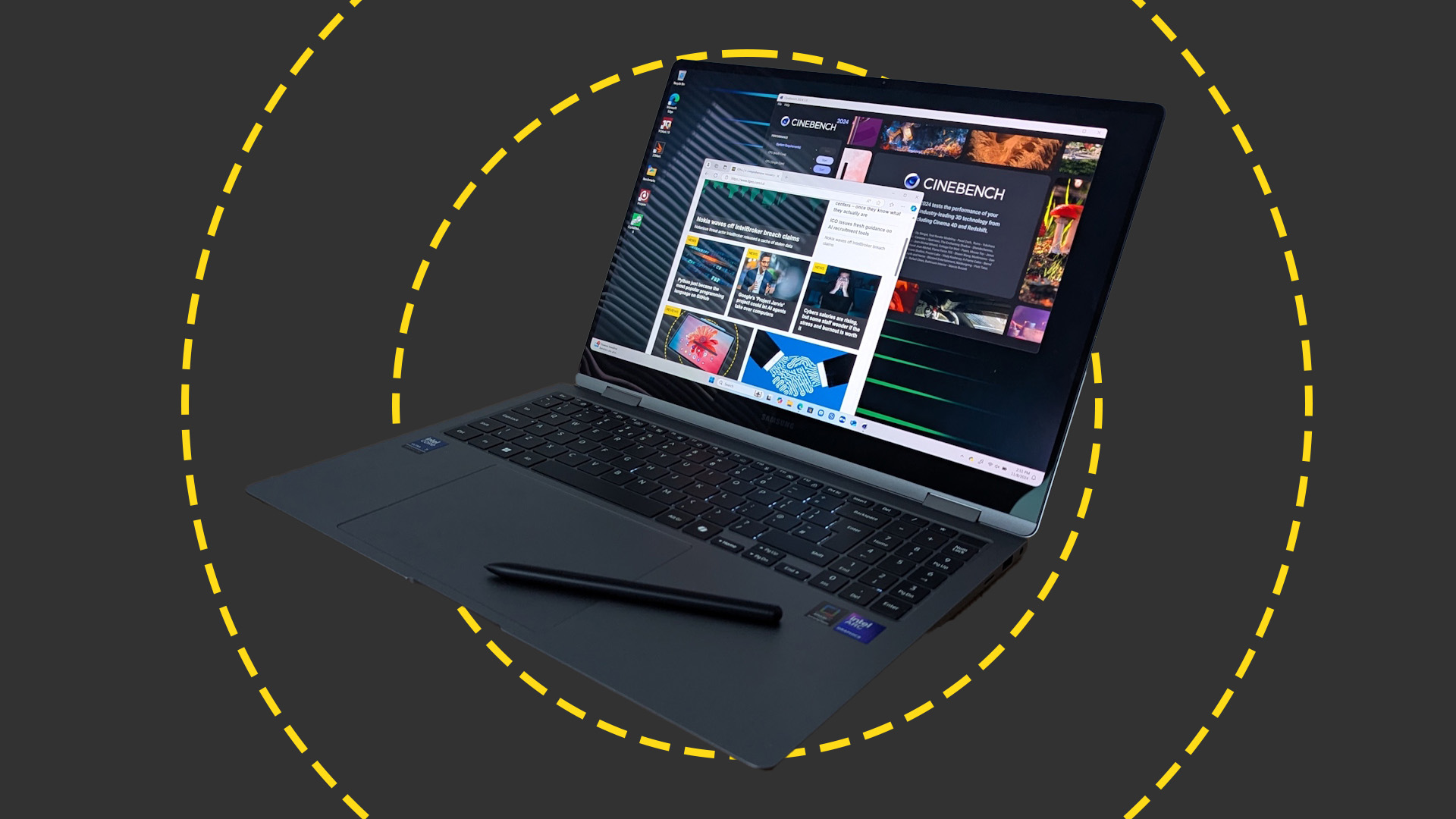 Samsung Galaxy Book 5 Pro 360 review: Almost the perfect big-screen laptop
Samsung Galaxy Book 5 Pro 360 review: Almost the perfect big-screen laptopReviews The Book 5 Pro 360 is a laptop you slowly get accustomed to, rather than one that feels right from the word go.
-
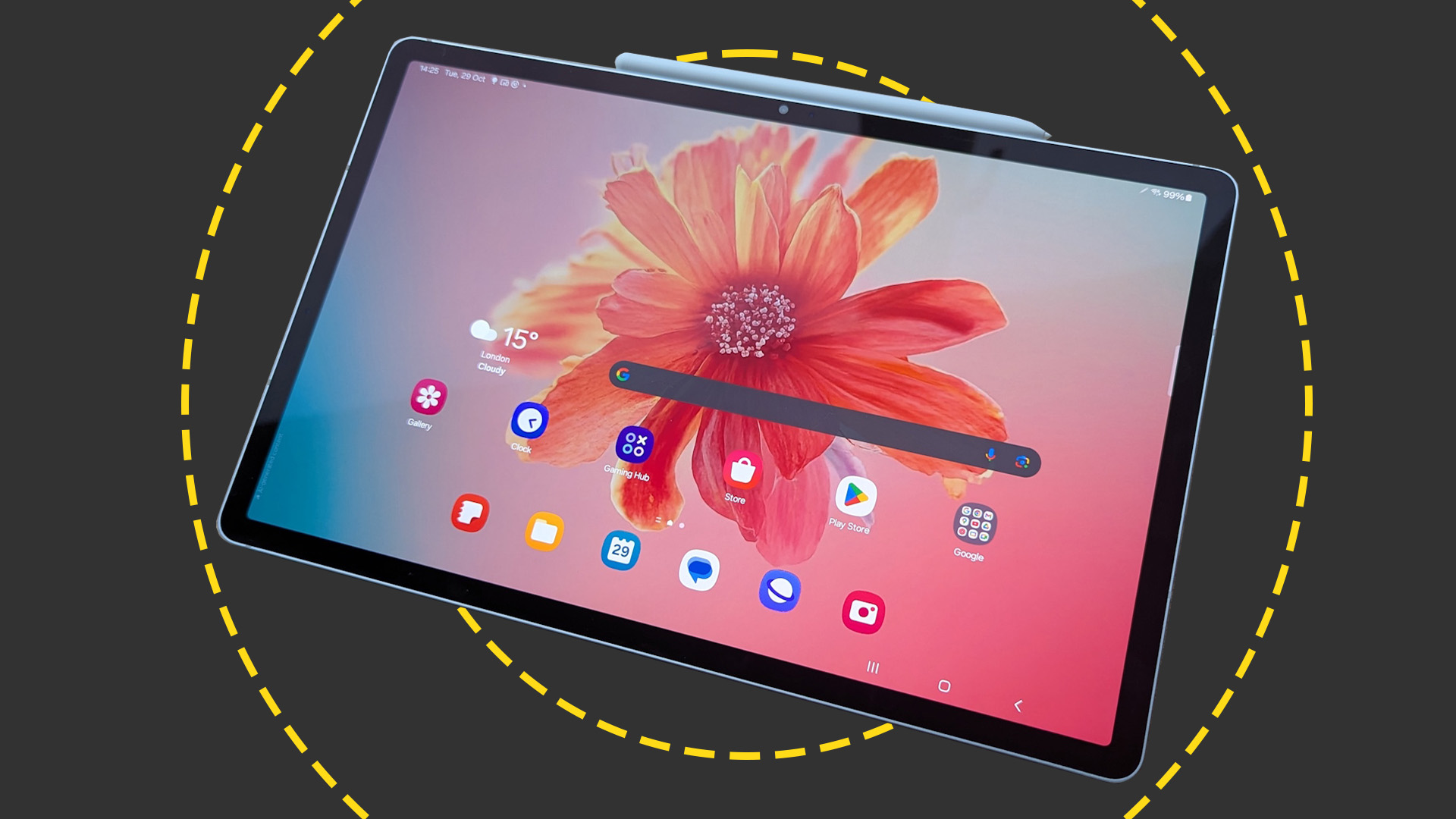 Samsung Galaxy Tab S10+ review: Possibly the best Android tablet for business
Samsung Galaxy Tab S10+ review: Possibly the best Android tablet for businessReviews With good performance, AI features and an exceptional screen, the Tab S10+ is the best Android tablet out there, if not quite the best tablet overall
-
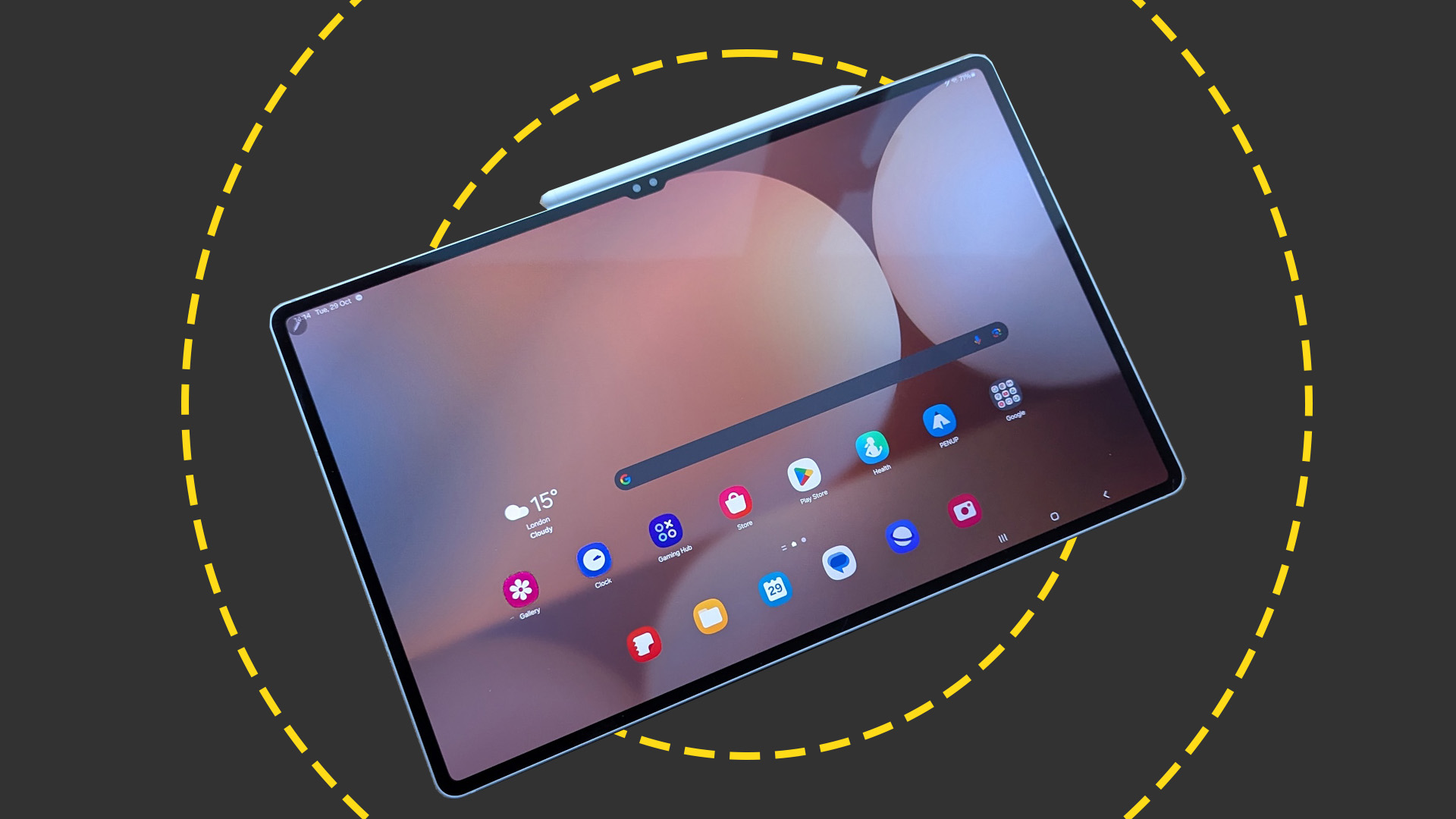 Samsung Galaxy Tab S10 Ultra review: Samsung's big-screen tablet is an AI-powered multitasking monster
Samsung Galaxy Tab S10 Ultra review: Samsung's big-screen tablet is an AI-powered multitasking monsterReviews The sheer size won't be for everyone, but the Tab S10 Ultra has the screen, performance, and multitasking prowess for serious work
-
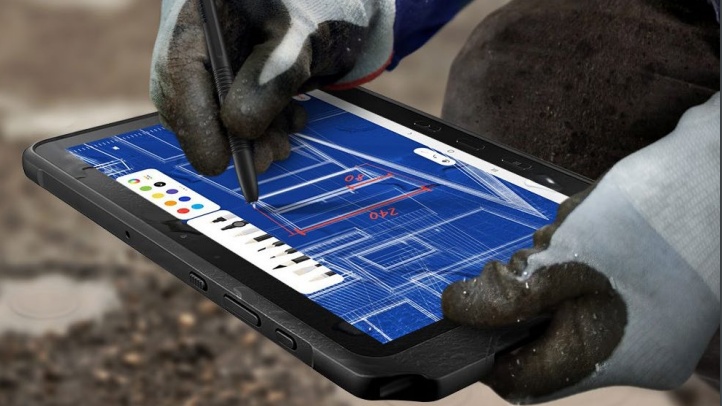 Rugged goes mainstream
Rugged goes mainstreamwhitepaper Why every business needs rugged devices to get the job done
-
 Why tougher doesn’t need to mean harder
Why tougher doesn’t need to mean harderwhitepaper Bridging the rugged and consumer device divide

